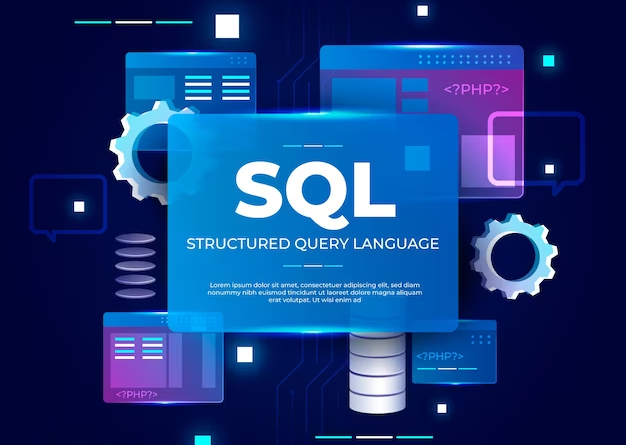Mastering the Basics: A Beginner’s Guide to SQL Account Software
Introduction:
In the realm of financial management, having a robust accounting system is essential for businesses of all sizes. For beginners, navigating the world of SQL account software may seem daunting, but mastering the basics can significantly streamline financial processes. This guide is designed to help beginners understand and leverage SQL account software effectively, providing a solid foundation for managing finances with confidence.
1. Understanding SQL in Accounting:
SQL, or Structured Query Language, is a powerful tool for managing and manipulating relational databases. In the context of accounting software, SQL facilitates the storage, retrieval, and manipulation of financial data. Understanding the basics of SQL is fundamental to effectively utilize accounting software built on this technology.
2. Choosing the Right SQL Account Software:
Selecting the appropriate SQL account software is a crucial decision. Consider factors such as user-friendliness, scalability, reporting capabilities, and integration options. Popular choices include SQL-based accounting systems like Microsoft Dynamics GP, Oracle NetSuite, and QuickBooks Enterprise.
3. Setting Up the SQL Database:
Once you’ve chosen your SQL accounting software, the next step is setting up the database. This involves defining tables for chart of accounts, transactions, vendors, customers, and other relevant financial data. A well-organized database structure is key to accurate financial reporting.
4. Configuring User Access and Permissions:
Security is paramount when it comes to financial data. Configure user access and permissions within the SQL account software to ensure that only authorized personnel can view or modify sensitive financial information. This step helps prevent unauthorized access and protects the integrity of your financial data.
5. Recording Financial Transactions:
Learn how to use SQL queries or the software’s interface to record financial transactions accurately. This includes entering sales, purchases, expenses, and other financial activities. Understanding the data entry process is crucial for maintaining an up-to-date and reliable financial database.
6. Generating Financial Reports:
One of the key advantages of SQL account software is its reporting capabilities. Explore and master the tools available to generate financial reports such as income statements, balance sheets, and cash flow statements. Customizing reports to meet specific business needs enhances decision-making.
7. Integrating with Other Business Systems:
Enhance the efficiency of your accounting processes by integrating SQL account software with other business systems. This may include CRM (Customer Relationship Management), ERP (Enterprise Resource Planning), or e-commerce platforms. Integration reduces manual data entry and improves data accuracy.
8. Implementing Automation for Routine Tasks:
Explore automation features within your SQL accounting software to streamline routine tasks. Automate processes like invoicing, payroll, and bank reconciliations to save time and reduce the risk of errors. Automation enhances efficiency and allows you to focus on strategic financial decisions.
9. Staying Compliant with Regulations:
Understand and implement features within your SQL account software that help you stay compliant with financial regulations. This includes tax compliance, audit trails, and adherence to accounting standards. Staying compliant is crucial for avoiding penalties and maintaining the trust of stakeholders.
10. Continuous Learning and Optimization:
The world of accounting and technology is ever-evolving. Commit to continuous learning to stay updated on new features and best practices within your SQL account software. Regularly optimize your database, review security measures, and explore new functionalities to maximize the benefits of your accounting system.
Conclusion:
Mastering the basics of SQL account software is a valuable skill for beginners entering the world of financial management. By understanding the fundamentals of SQL, choosing the right software, and effectively utilizing its features, businesses can ensure accurate, efficient, and secure financial operations. This guide provides a roadmap for beginners to confidently navigate SQL accounting software, setting the stage for financial success.




